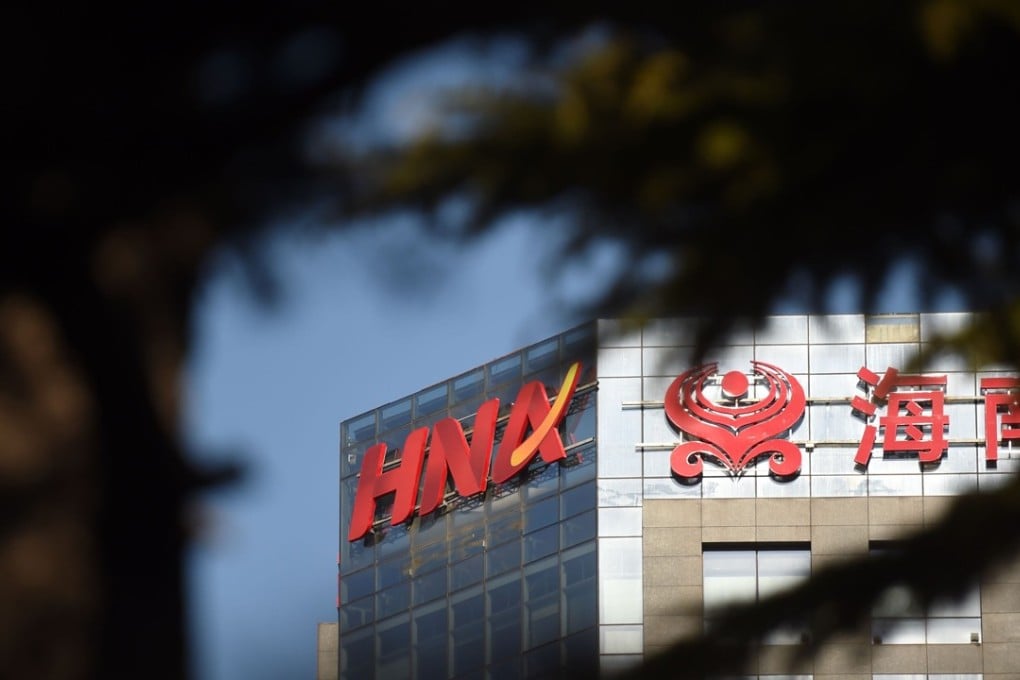Exclusive | Can a US$48 billion global shopping spree take this Chinese company into the Fortune 100?
The company, driven by the founder’s wish to put HNA among the world’s 100 largest companies, owns 330 billion yuan of global assets since it began its major acquisitions in 2010

HNA Group, which has been on a global shopping spree for assets over the past seven years, is poised for promotion to Fortune’s list of the world’s 100 largest companies this year, in a move that vindicates its founder’s drive to put the company on the world map.
HNA, which counts Hainan Airlines, Hong Kong Airlines and 25 per cent of the Hilton hotels group among its one trillion yuan (US$145 billion) of assets, owns 330 billion yuan in overseas assets since its major acquisitions began in 2010.
The Hainan-based company, which generates 600 billion yuan in annual revenue, was ranked 353rd on Fortune’s 2016 list.
“When the data comes out by the end of the year, [it will show that] we are almost there” among the top 100, HNA’s chief investment officer James Wang told the South China Morning Post. “Being one of the top 100 companies is a recognition.”
Fortune could not be reached to confirm how HNA will be ranked in 2017. Still, an inclusion would vindicate the motivation of HNA’s founder Chen Feng, a former official of the Chinese aviation regulator, who founded the group in 1993 with a handful of aircraft.
Hainan Airlines currently operates China’s fourth-largest fleet.